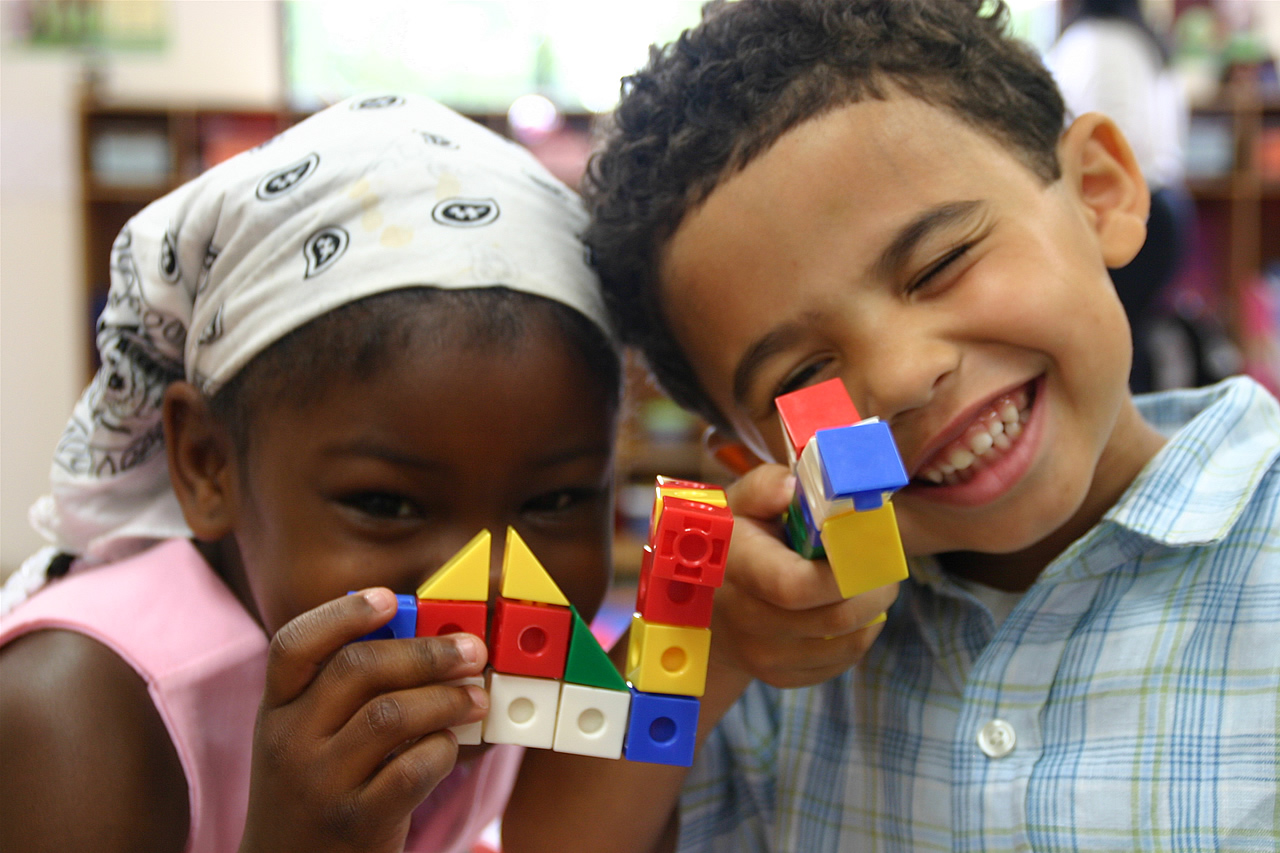This is the final article of a three part series developed by Adoption STAR on the topic of cultural competency.

Adoption STAR is a frequent speaker at national conferences on the topic of Cultural Competency and Cultural Continuity.
Adoption STAR defines cultural competency as is the ability to interact effectively with all people while being aware of one’s own cultural analysis. While many will look at the term specific to transracial adoptive readiness, we extend cultural competence to include a respect for people of all cultures, languages, classes, races, ethnic backgrounds, and sexual orientations.
The agency’s staff developed 20 responsibilities that they refer to as “Parent Flash Cards” that parents need to be take on if they wish to produce a culturally competent family, whether or not they are a transracial family.
Parent Flash Cards: 20 Responsibilities of the Culturally Competent Adoptive Parent
Parent(s) need to…
- Keep in mind that they cannot prevent the child from experiencing prejudice.
- Understand they can help the child deal with prejudice by identifying bias on television, in books and other sources. Parents can name the bias and help the child recognize when it appears again.
- Be proactive in antiracist and anti-prejudice activities.
- Encourage open communications on issues at home.
- Listen to the child’s response to television shows, books and events. After listening to the child, parent(s) and child should discuss the issues together.
- Learn to talk less and listen more. This can be done by asking open-ended questions; questions that do not elicit single word answers to encourage the child to self-express.
- Not assume their own experiences are the same as the child’s experiences.
- Be aware of their motivation to adopt a child. If the motivation to adopt was to fight racism, the parents need to re-evaluate. Instead, a child-centered motivation is encouraged where the focus is on the match between a child’s needs and the parent’s ability and desire to meet the needs.
- Be aware of the roles race, ethnicity, identity and culture play in the lives of others and to understand the importance these are on the child’s culture of birth.
- Have respect for the child’s race and background.
- Have knowledge of the history and the culture of which the child belongs. In addition, parents should have knowledge of culture on the country of origin and in the United States.
- Be aware of the child’s needs in order to help their child develop pride in their racial identities as well as coping skills to deal with racism.
- Examine their own attitudes and beliefs about their child’s race and culture.
- Imagine their child as adolescents and adults to consider feelings about issues such as interracial dating and marriage.
- Realize that transracial adoption exposes them in public and assess how they will deal with this attention.
- Assess how racism or other prejudice might affect their children and their own family.
- Learn to recognize positive and negative stereotypes.
- Participate in cultural recreation to allow the child to learn about their culture of birth.
- Gain appropriate entry into communities which means obtaining permission to enter the community usually by befriending a cultural guide.
- Develop relationships with other families similar to their own as well as persons connected to the cultural group their child is connected to.
Cultural Competency ~ Part One: Creating a Cultural Continuity Plan for Our Children
Cultural Competency ~ Part Two: The Role of the Adoption Agency
Read More on What is Happening at Adoption STAR: Our Calendar of Events for 2013

